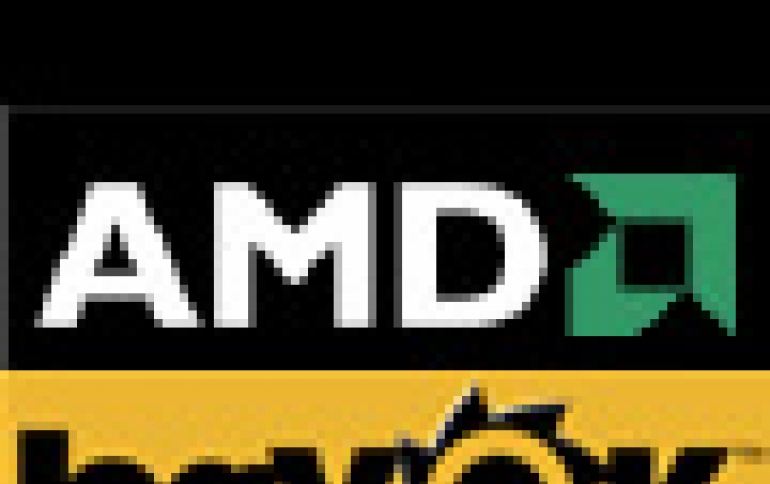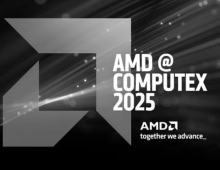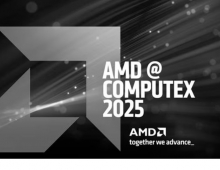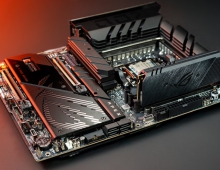
AMD and Intel-owned Havok to Optimize Physics for Gaming
AMD unveilled today its plans to work with Intel-owned physics
processing developer Havok in order to add physics effects at
AMD's full line of products.
"As the complexity and visual fidelity of video games
increases, AMD wants to take advantage of opportunities to
improve the game experience," said Rick Bergman, senior vice
president and general manager, Graphics Products Group, AMD.
"By working with the clear market leader in physics software,
AMD can optimize our platforms to consistently deliver the best
possible visual experience to the gamer."
AMD's answer to Nvidia's Ageia acquisition last February was expected but also surpsiring, since Havok is 100% owned by AMD's rival Intel.
Amd said that Havok Physics scales extremely well across the entire family of AMD processors, including quad-core products such as the AMD Phenom X4. As part of the collaboration, Havok and AMD plan to further optimize the full range of Havok technologies on AMD x86 superscalar processors. The two companies will also investigate the use of AMD's parallel ATI Radeon GPUs to manage appropriate aspects of physical world simulation in the future.
"The success of Havok as a cross platform software company is predicated on our willingness to listen to the needs of our customers," said David O'Meara, managing director of Havok. "The feedback that we consistently receive from leading game developers is that core game play simulation should be performed on CPU cores. The clear priority of game developers is performance and scalability on of the CPU. Beyond core simulation, however, the capabilities of massively parallel products offer technical possibilities for computing certain types of simulation. We look forward to working with AMD to explore these possibilities."
Today's game experience demands a balanced platform approach, one that combines the right CPU and GPU horsepower. A number of game aspects, including advanced physics processing, are optimized for CPUs, while the latest DirectX 10.1 games demand the latest GPUs.
"Physics is an important part of today's game experience, and in the quest for greater realism the usage and requirements of physics computation is expected to increase, " said Dean McCarron, principal analyst, Mercury Research. "New technologies that improve physics simulation will enhance the gaming experience."
AMD's answer to Nvidia's Ageia acquisition last February was expected but also surpsiring, since Havok is 100% owned by AMD's rival Intel.
Amd said that Havok Physics scales extremely well across the entire family of AMD processors, including quad-core products such as the AMD Phenom X4. As part of the collaboration, Havok and AMD plan to further optimize the full range of Havok technologies on AMD x86 superscalar processors. The two companies will also investigate the use of AMD's parallel ATI Radeon GPUs to manage appropriate aspects of physical world simulation in the future.
"The success of Havok as a cross platform software company is predicated on our willingness to listen to the needs of our customers," said David O'Meara, managing director of Havok. "The feedback that we consistently receive from leading game developers is that core game play simulation should be performed on CPU cores. The clear priority of game developers is performance and scalability on of the CPU. Beyond core simulation, however, the capabilities of massively parallel products offer technical possibilities for computing certain types of simulation. We look forward to working with AMD to explore these possibilities."
Today's game experience demands a balanced platform approach, one that combines the right CPU and GPU horsepower. A number of game aspects, including advanced physics processing, are optimized for CPUs, while the latest DirectX 10.1 games demand the latest GPUs.
"Physics is an important part of today's game experience, and in the quest for greater realism the usage and requirements of physics computation is expected to increase, " said Dean McCarron, principal analyst, Mercury Research. "New technologies that improve physics simulation will enhance the gaming experience."





















